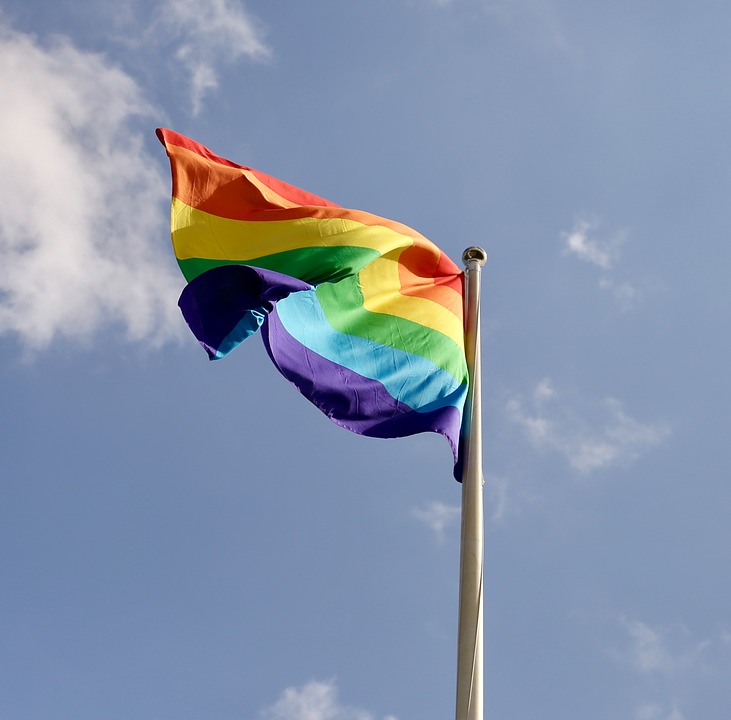IRB Introduces New Guidelines to Provide Dignity and Compassion to LGBTIQ+ Claims
On May 1, 2017, the Immigration and Refugee Board (IRB) introduced new guidelines for adjudicating refugee claims that are based on sexual orientation and/or gender identity and expression (SOGIE). These claimants are to be afforded further safeguards similarly to cases of political or religious persecution, where decision-makers are required to not put the political or religious views of a refugee claimant on trial.
For lesbian, gay, bisexual, trans, intersex and queer (LGBTIQ+) refugee claimants, these new guidelines are meant to prevent inappropriate and irrelevant lines of questioning by decision-makers about their sexuality. They also address concerns raised by many Canadian refugee lawyers.
Unique Challenges
The guidelines acknowledge that “individuals with diverse SOGIE may face additional risks because of their gender, including domestic violence, forced marriage, sexual trafficking, honour crimes, as well as discrimination with respect to housing, employment, education, health and social services.” The guidelines thus outline the challenges faced in these cases; the appropriate language that should be used by decision-makers; the protection of sensitive information; the importance of avoiding stereotypes in speaking to claimants and in rendering decisions; and guiding principles for assessing credibility.
There were issues in the past where decision-makers required claimants to prove their sexual orientation or gender identity. For example, decision-makers had asked claimants how or how frequently they performed certain sexual acts. The guidelines address the use of such questions, as they are both irrelevant to the persecution faced by the individual and inappropriate. Now, LGBTIQ+ refugee claimants will no longer have their sexuality put on trial.
Dismantling Stereotypes
In this context, decision-makers are not allowed to rely on stereotypes relating to SOGIE in questioning a claimant and in rendering their decision. The guidelines outline several inappropriate stereotypes, including the following assertions about individuals with diverse SOGIE:
- That they have feminized or masculinized appearances or mannerisms;
- That they do not participate in cultural or religious customs or traditions;
- That they are promiscuous or sexually active and do not engage in exclusive relationships;
- That they have had same-sex sexual experiences or relations; and
- That they would not have had sexual experiences or relations.
A claimant cannot be required to fit into these stereotypes, and as such, stereotypes cannot be used to draw a negative finding of credibility against a claimant.
Principles for Testimony Assessment
The guidelines provide further principles for assessing the claimant’s testimony. First, it must be recognized that corroborating evidence is not always available in cases of persecution on the basis of SOGIE. For example, a claimant may have hidden their SOGIE due to stigma or fear of harm; it is possible that the claimant has not participated in LGBTIQ+ culture, organizations or events; and, claimants cannot be asked to provide evidence in the form of sexually explicit visual material.
Second, questioning should be done in a sensitive, non-confrontational manner; in this vein, the guidelines explain that self-awareness of one’s sexual orientation and gender identity can change over time, which may be gradual or non-linear.
Third, although a decision-maker may draw a negative inference based on the inconsistency, implausibility or vagueness of the claimant’s testimony, such findings cannot be based on stereotypes, and decision-makers must consider any cultural, psychological or other barriers that can reasonably explain any gaps in the testimony.
Overall, the guidelines do address many concerns Canadian immigration lawyers had with respect to the vulnerability of LGBTIQ+ refugee claimants and provide a better protection of their dignity through a compassionate framework while helping ensure they are not unfairly denied protection in Canada.
Share this article
Arghavan Gerami
Arghavan Gerami is the Founder and Senior Counsel at Gerami Law Professional Corporation ('PC'), a full-service immigration law firm in Ottawa, Ontario. Since 2011, Ms. Gerami has focused her practice on immigration and refugee litigation. Prior to that, Ms. Gerami worked at the Ministry of Attorney General and the Department of Justice and had the privilege of serving the Honourable Mr. Justice M. Evans at the Federal Court of Appeal on immigration and administrative law appeals. Ms. Gerami contributes to the Immigration Law Section of the Canadian Bar Association, the Canadian Association of Refugee Lawyers, and the United Nations High Commissioner for Refugees. Ms. Gerami has also published numerous journal articles and presented at various immigration and refugee law conferences and events across Canada.

